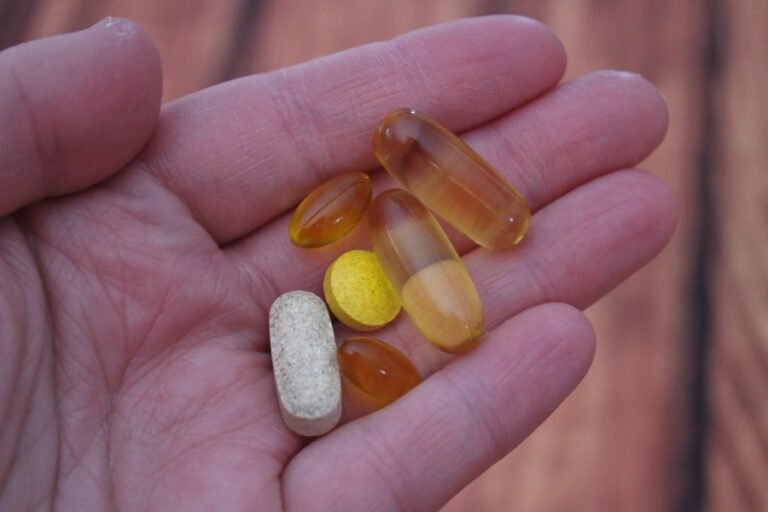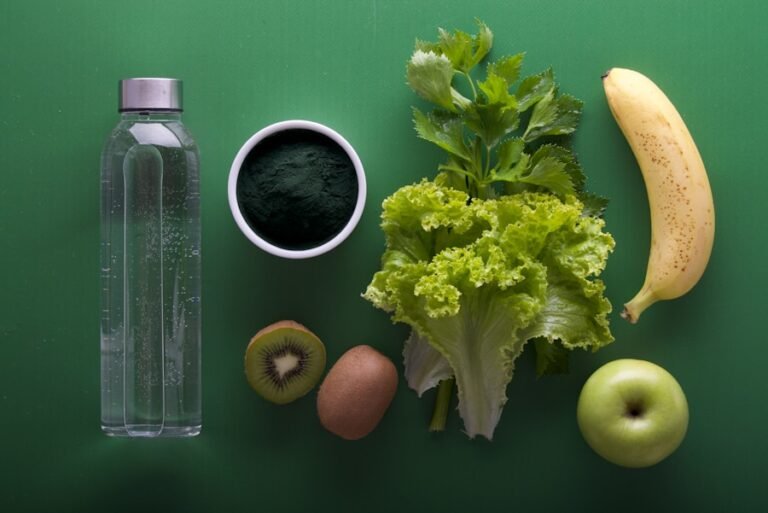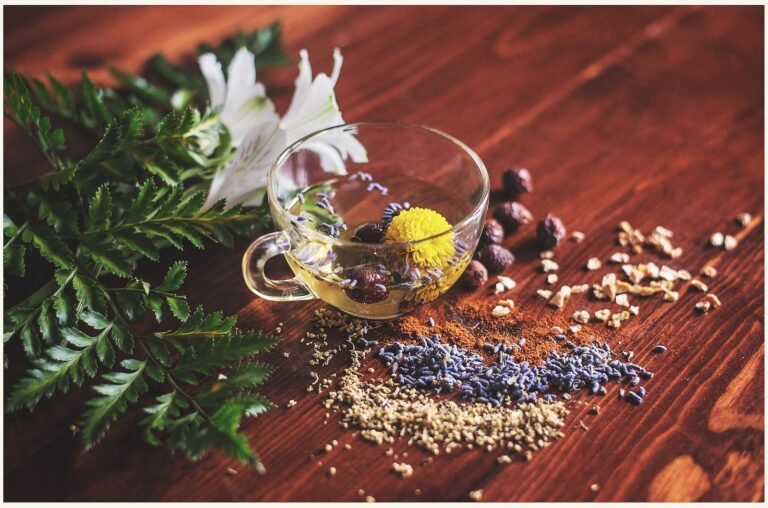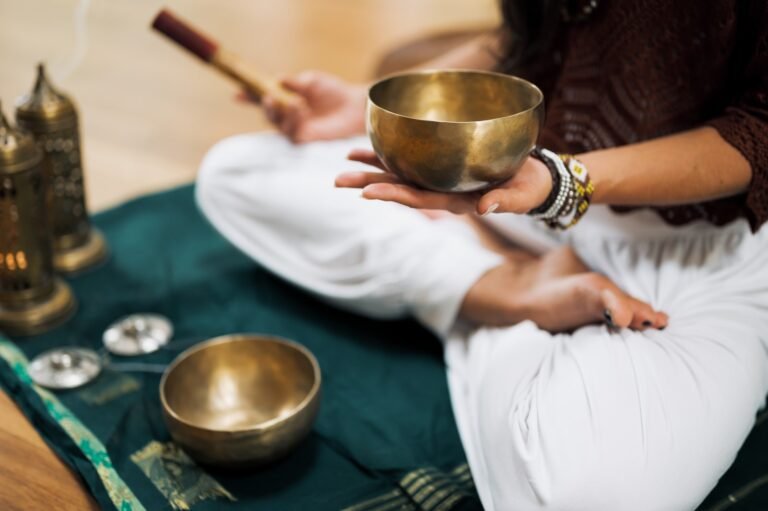Banish Breakouts: The Ultimate Guide to Home Remedies for Pimples
Pimples, also known as acne, are a common skin condition that affects millions of people worldwide. They can appear as blackheads, whiteheads, papules, pustules, or cysts, and are often caused by a combination of factors. One of the main causes of pimples is the overproduction of oil by the sebaceous glands in the skin. When the excess oil mixes with dead skin cells and clogs the pores, it creates an environment for bacteria to thrive, leading to inflammation and the formation of pimples. Hormonal changes, particularly during puberty, menstruation, pregnancy, and menopause, can also contribute to the development of pimples. Additionally, certain medications, genetics, and lifestyle factors such as stress, diet, and lack of proper skincare can play a role in the formation of pimples. Understanding the causes of pimples is essential in developing an effective treatment and prevention plan.
Another common cause of pimples is the presence of bacteria on the skin. The bacterium Propionibacterium acnes, which is naturally found on the skin, can multiply and cause inflammation when the conditions are right. This can happen when the skin is not properly cleansed, leading to the buildup of dirt, oil, and dead skin cells. Poor hygiene, such as not washing the face regularly or using dirty makeup brushes, can also contribute to the proliferation of bacteria and the development of pimples. In some cases, certain skincare and makeup products can clog the pores and irritate the skin, leading to breakouts. Understanding the causes of pimples can help individuals make informed decisions about their skincare routine and lifestyle choices to prevent and manage this common skin condition.
The Importance of a Consistent Skincare Routine
Maintaining a consistent skincare routine is crucial for preventing and managing pimples. A good skincare routine involves cleansing, exfoliating, moisturizing, and protecting the skin from the sun. Cleansing the skin helps remove dirt, oil, and impurities that can clog the pores and lead to pimples. It is important to use a gentle cleanser that does not strip the skin of its natural oils, as harsh products can cause irritation and exacerbate pimples. Exfoliating the skin helps remove dead skin cells and unclog the pores, preventing the formation of pimples. However, it is important to exfoliate gently and not overdo it, as excessive exfoliation can irritate the skin and worsen pimples.
Moisturizing the skin is essential for maintaining its hydration and preventing dryness, which can lead to an overproduction of oil and the development of pimples. It is important to choose a non-comedogenic moisturizer that does not clog the pores. Additionally, protecting the skin from the sun is crucial, as sun damage can lead to inflammation and worsen pimples. Using a broad-spectrum sunscreen with an SPF of 30 or higher is recommended, and it should be applied every day, even on cloudy days. A consistent skincare routine can help keep the skin healthy and clear, reducing the risk of developing pimples.
Natural Ingredients to Look for in Home Remedies
When it comes to treating pimples, many people turn to home remedies that use natural ingredients. There are several natural ingredients that have been found to be effective in reducing inflammation, killing bacteria, and promoting healing in the skin. One of the most popular natural remedies for pimples is tea tree oil, which has antimicrobial and anti-inflammatory properties. Applying diluted tea tree oil to pimples can help reduce their size and redness, and prevent new ones from forming. Another natural ingredient that is commonly used to treat pimples is aloe vera, which has soothing and anti-inflammatory properties. Applying aloe vera gel to pimples can help reduce inflammation and promote healing in the skin.
Honey is another natural ingredient that is known for its antibacterial and anti-inflammatory properties. Applying raw honey to pimples can help kill bacteria and reduce inflammation, promoting the healing of the skin. Additionally, witch hazel, a natural astringent, can help reduce oil production and tighten the pores, preventing the formation of pimples. Other natural ingredients to look for in home remedies for pimples include apple cider vinegar, green tea, and turmeric, all of which have been found to have antibacterial and anti-inflammatory properties. When using natural ingredients to treat pimples, it is important to do a patch test first to ensure that they do not cause irritation or an allergic reaction.
DIY Face Masks for Clearing Pimples
Face masks are a popular skincare treatment that can help clear pimples and improve the overall health of the skin. There are many DIY face masks that use natural ingredients to target pimples and promote clear, healthy skin. One popular DIY face mask for clearing pimples is the honey and cinnamon mask. Honey has antibacterial and anti-inflammatory properties, while cinnamon has antimicrobial and antioxidant properties. Mixing honey and cinnamon together to create a mask can help kill bacteria, reduce inflammation, and promote healing in the skin. Another effective DIY face mask for clearing pimples is the yogurt and turmeric mask. Yogurt contains lactic acid, which can help exfoliate the skin and unclog the pores, while turmeric has anti-inflammatory and antibacterial properties. Mixing yogurt and turmeric together to create a mask can help reduce oil production, kill bacteria, and soothe the skin.
Clay masks are also popular for clearing pimples, as they can help absorb excess oil and impurities from the skin. Bentonite clay, in particular, is known for its ability to draw out toxins and impurities from the skin, making it an effective treatment for pimples. Mixing bentonite clay with water or apple cider vinegar to create a mask can help unclog the pores, reduce oil production, and promote clear, healthy skin. Additionally, charcoal masks are effective for clearing pimples, as they can help absorb excess oil and impurities from the skin. Activated charcoal has the ability to bind to toxins and impurities, making it an effective treatment for pimples. Using DIY face masks for clearing pimples can help improve the overall health and appearance of the skin, reducing the risk of developing new pimples.
Essential Oils for Treating Pimples
Essential oils are concentrated plant extracts that have been used for centuries for their medicinal and therapeutic properties. When it comes to treating pimples, there are several essential oils that have been found to be effective in reducing inflammation, killing bacteria, and promoting healing in the skin. One of the most popular essential oils for treating pimples is tea tree oil, which has antimicrobial and anti-inflammatory properties. Applying diluted tea tree oil to pimples can help reduce their size and redness, and prevent new ones from forming. Another effective essential oil for treating pimples is lavender oil, which has antibacterial and anti-inflammatory properties. Applying diluted lavender oil to pimples can help reduce inflammation and promote healing in the skin.
Rosemary oil is another essential oil that is known for its antibacterial and anti-inflammatory properties. Applying diluted rosemary oil to pimples can help kill bacteria and reduce inflammation, promoting the healing of the skin. Additionally, peppermint oil has cooling and soothing properties that can help reduce redness and inflammation in the skin. When using essential oils to treat pimples, it is important to dilute them with a carrier oil, such as coconut oil or jojoba oil, to prevent irritation and sensitivity. It is also important to do a patch test first to ensure that the essential oils do not cause an allergic reaction. Using essential oils for treating pimples can be an effective and natural way to promote clear, healthy skin.
Diet and Lifestyle Changes to Prevent Breakouts
In addition to a consistent skincare routine and natural remedies, making diet and lifestyle changes can help prevent breakouts and promote clear, healthy skin. One of the most important diet and lifestyle changes to prevent breakouts is to maintain a healthy, balanced diet. Eating a diet that is rich in fruits, vegetables, whole grains, and lean proteins can provide the essential nutrients that the skin needs to stay healthy and clear. Additionally, avoiding foods that are high in sugar, refined carbohydrates, and unhealthy fats can help prevent breakouts, as these foods can lead to inflammation and an overproduction of oil in the skin. Drinking plenty of water is also important for maintaining clear, healthy skin, as it helps flush out toxins and impurities from the body.
Another important lifestyle change to prevent breakouts is to manage stress effectively. Chronic stress can lead to an overproduction of cortisol, a hormone that can increase oil production in the skin and lead to breakouts. Engaging in stress-reducing activities such as yoga, meditation, and deep breathing exercises can help keep stress levels in check and prevent breakouts. Additionally, getting regular exercise can help improve circulation and reduce inflammation in the skin, promoting clear, healthy skin. Avoiding smoking and excessive alcohol consumption is also important for preventing breakouts, as these habits can lead to inflammation and damage to the skin. Making diet and lifestyle changes can have a significant impact on the health and appearance of the skin, reducing the risk of developing pimples.
The Role of Hydration in Clearing Pimples
Hydration plays a crucial role in clearing pimples and promoting clear, healthy skin. When the skin is dehydrated, it can lead to an overproduction of oil, which can clog the pores and lead to the formation of pimples. Additionally, dehydrated skin is more prone to inflammation and irritation, which can exacerbate pimples. Drinking plenty of water is essential for maintaining the hydration of the skin, as it helps flush out toxins and impurities from the body. It is recommended to drink at least eight glasses of water a day to keep the skin hydrated and healthy.
In addition to drinking water, using hydrating skincare products can help maintain the hydration of the skin and prevent pimples. Using a moisturizer that is suitable for your skin type can help keep the skin hydrated and prevent dryness, reducing the risk of developing pimples. It is important to choose a non-comedogenic moisturizer that does not clog the pores. Additionally, using a hydrating serum or facial oil can help lock in moisture and keep the skin hydrated, promoting clear, healthy skin. Hydration plays a crucial role in clearing pimples and maintaining the overall health and appearance of the skin, making it an important aspect of a skincare routine.
Tips for Properly Cleansing and Exfoliating the Skin
Properly cleansing and exfoliating the skin is essential for preventing and managing pimples. When it comes to cleansing the skin, it is important to use a gentle cleanser that does not strip the skin of its natural oils. Harsh cleansers can cause irritation and dryness, leading to an overproduction of oil and the development of pimples. It is recommended to cleanse the skin twice a day, in the morning and evening, to remove dirt, oil, and impurities that can clog the pores and lead to pimples. Using a gentle, circular motion to massage the cleanser into the skin can help remove impurities and promote clear, healthy skin.
Exfoliating the skin is also important for preventing pimples, as it helps remove dead skin cells and unclog the pores. However, it is important to exfoliate gently and not overdo it, as excessive exfoliation can irritate the skin and worsen pimples. It is recommended to exfoliate the skin 1-2 times a week, using a gentle exfoliant that is suitable for your skin type. Avoiding harsh scrubs and abrasive exfoliants is important, as they can cause irritation and damage to the skin. Using a chemical exfoliant, such as a product containing alpha hydroxy acids or beta hydroxy acids, can help promote gentle exfoliation and prevent the formation of pimples. Properly cleansing and exfoliating the skin is essential for maintaining clear, healthy skin and preventing breakouts.
How to Use Steam to Open Pores and Clear Pimples
Using steam to open pores can be an effective way to clear pimples and promote clear, healthy skin. When the pores are open, it allows for the removal of dirt, oil, and impurities that can clog the pores and lead to pimples. One way to use steam to open pores is to take a hot shower, as the steam from the hot water can help open the pores and promote the removal of impurities from the skin. Another way to use steam to open pores is to create a steam treatment at home. Boiling water in a pot and placing your face over the steam, covering your head with a towel to trap the steam, can help open the pores and promote clear, healthy skin.
Using steam to open pores can also help prepare the skin for the application of other skincare treatments, such as masks and serums. When the pores are open, it allows for better absorption of the products, maximizing their effectiveness in treating pimples and promoting clear, healthy skin. It is important to be cautious when using steam to open pores, as excessive heat can cause irritation and damage to the skin. It is recommended to use steam treatments no more than once a week, and to avoid getting too close to the hot water to prevent burns. Using steam to open pores can be an effective and natural way to promote clear, healthy skin and prevent the formation of pimples.
The Benefits of Ice and Cold Compresses for Reducing Inflammation
Ice and cold compresses can be effective for reducing inflammation and redness in the skin, making them a useful treatment for pimples. When the skin is inflamed, it can lead to the formation of pimples and exacerbate existing ones. Applying ice or a cold compress to the skin can help constrict the blood vessels and reduce inflammation, making pimples appear less red and swollen. One way to use ice for reducing inflammation is to wrap an ice cube in a clean cloth and apply it to the affected area for a few minutes. Another way to use a cold compress is to soak a clean cloth in cold water, wring out the excess water, and apply it to the skin for a few minutes.
Using ice or cold compresses for reducing inflammation can also help soothe the skin and provide relief from pain and discomfort associated with pimples. It is important to be cautious when using ice or cold compresses, as excessive cold can cause irritation and damage to the skin. It is recommended to use ice or cold compresses for no more than 10-15 minutes at a time, and to always wrap the ice or cold pack in a cloth to prevent direct contact with the skin. Additionally, it is important to take breaks between applications to allow the skin to warm up. If the skin becomes numb or overly cold, it is best to discontinue use and allow the skin to return to its normal temperature. Overall, using ice or cold compresses can be an effective and safe way to reduce inflammation and provide relief from pimple-related discomfort when used properly.







